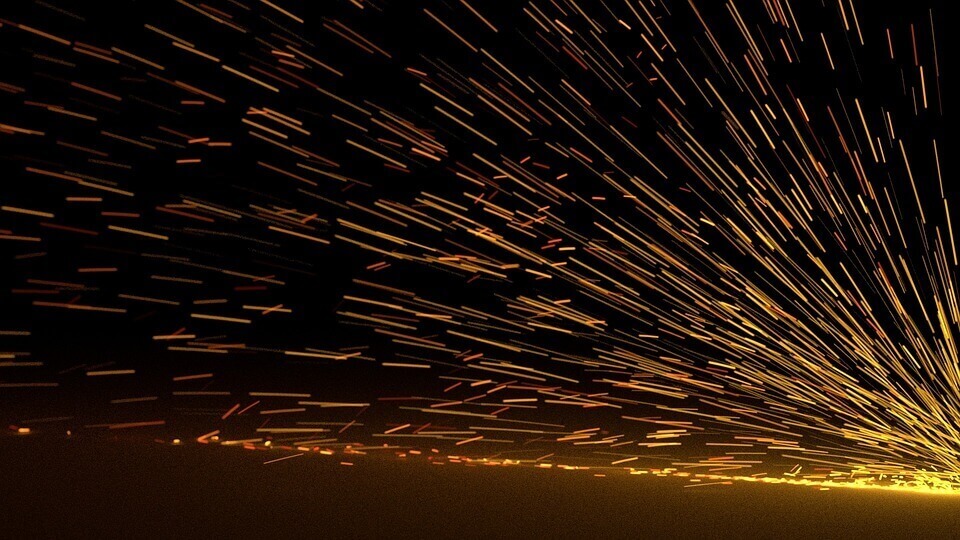Frequently Asked Questions
Below are Plasma Powder’s most frequently asked questions. If you have questions in which you cannot find the answer here, please contact Plasma Powders to speak with one of our knowledgeable customer service representatives. Toll-Free: 1-800-358-4287
Plasma Powders & Systems, Inc. (PPS) has been supplying Thermal Spray material, equipment and training for over 35 years. PPS is a systems integrator. We offer equipment from several leading manufacturers which allows us to build complete and cost-effective solutions for our clients. We provide wire and powders in addition to precision handling and automation equipment. Our technical staff has decades of field experience to get you the right answers fast and system purchases always entitle the buyer to FREE training in our Marlboro NJ facility.
Not sure if Thermal Spray is right for your application? Give us a call at (732) 431-0992 and talk to one of our technicians.
Thermal Spray Zinc coatings provide long-lasting (up to 40 years) protection in most galvanic conditions and the spray process is much cleaner with less environmental impact than chemical-based hot-dip galvanizing. Most Thermal Spray coatings can be applied in house, saving transfer and logistics costs.
Thermal Spray is considered a “green” technology because:
- It has widespread use in reconditioning items.
- It has the ability to coat lighter, softer or more abundant substrates with hard, rare or expensive complex materials
- The vast majority of any process “waste” can be recovered/recycled.
Basic Thermal Spray systems are relatively low priced. Simple spray torches with gravity fed powder hoppers are a few hundred dollars. Any shop that is set up for welding is already equipped with many of the systems required for thermal spray.
Depending on the situation and equipment purchased, compressed air, fuel gas, dust collection and noise attenuation maybe some of the costs to be considered. Part and/or spray handling and automation may also be worth looking into as they perform very well in production environments and typically pay for themselves in savings.
Some manufacturers specify exact chemistry, particle size, tolerance, production method and even equipment and atmospheric values for the powders used to coat their parts. These typically involve aerospace, military, and other high end or critical parts. Spec materials often carry a much higher price than an equivalent material made with less stringent procedures and reporting requirements. For many thermal spray coatings, excess costs can be avoided with no impact on quality by using a “chemically equivalent” powder.
Thermal Spray is an additive process in which melted (or heated) materials are sprayed onto a surface. These materials are typically pure metals or metal alloys in powder or wire form. In addition, ceramics and plastics can be sprayed.
Thermal Spray is used mainly to rehabilitate or extend the working life of components, protect for wear, temperature or corrosion resistance, increase conductivity, enhance the appearance of architectural components and art objects, etc.
Below is a list and short description of commonly used Thermal Spray systems:
- Combustion Wire – Oxy/Acetylene or Oxy/Propane fueled torch that uses wire form material.
- Combustion Powder – Oxy/Acetylene or Oxy/Propane fueled torch that uses powder form material.
- Electric Wire Arc – A dual wire system using electricity to melt wire form material.
- HVOF – High Velocity Oxy Fuel delivers powder form material at supersonic speeds.
- HVAF/HVOF – Hybrid Convertible HVAF-HVOF Thermal Spraying Equipment offers the highest spray rates in the industry in either mode.
- Plasma – Multiple options. Extreme high heat spray system.
Yes, Plasma Powders & Systems, Inc. is a system integrator. We offer and distribute custom handling equipment and employ cutting edge robotics to create solutions to meet nearly any thermal spray need.
Powder and Wire are the most common. Powders are available in almost any alloy. Basic powders can be altered more easily than pre-alloyed drawn wire simply by changing the ingredients.
Wires can be solid, pure or pre-alloyed chemistry, powder cored (powder inside a hollow core) or solid cored (PPS Bondrite™ is a solid nickel core wire).
Most combustion systems use either Oxy/Acetylene or Oxy/Propane. In some cases, Oxy/Natural gas can be used in place of Oxy/Propane.
